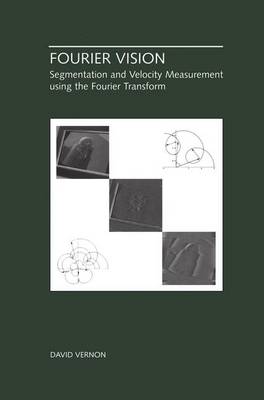The Springer International Series in Engineering and Computer Science
1 primary work
Book 623
Fourier Vision provides a new treatment of figure-ground segmentation in scenes comprising transparent, translucent, or opaque objects. Exploiting the relative motion between figure and ground, this technique deals explicitly with the separation of additive signals and makes no assumptions about the spatial or spectral content of the images, with segmentation being carried out phasor by phasor in the Fourier domain. It works with several camera configurations, such as camera motion and short-baseline binocular stereo, and performs best on images with small velocities/displacements, typically one to ten pixels per frame. The book also addresses the use of Fourier techniques to estimate stereo disparity and optical flow. Numerous examples are provided throughout.
Fourier Vision will be of value to researchers in image processing & computer vision and, especially, to those who have to deal with superimposed transparent or translucent objects. Researchers in application areas such as medical imaging and acoustic signal processing will also find this of interest.
Fourier Vision will be of value to researchers in image processing & computer vision and, especially, to those who have to deal with superimposed transparent or translucent objects. Researchers in application areas such as medical imaging and acoustic signal processing will also find this of interest.
